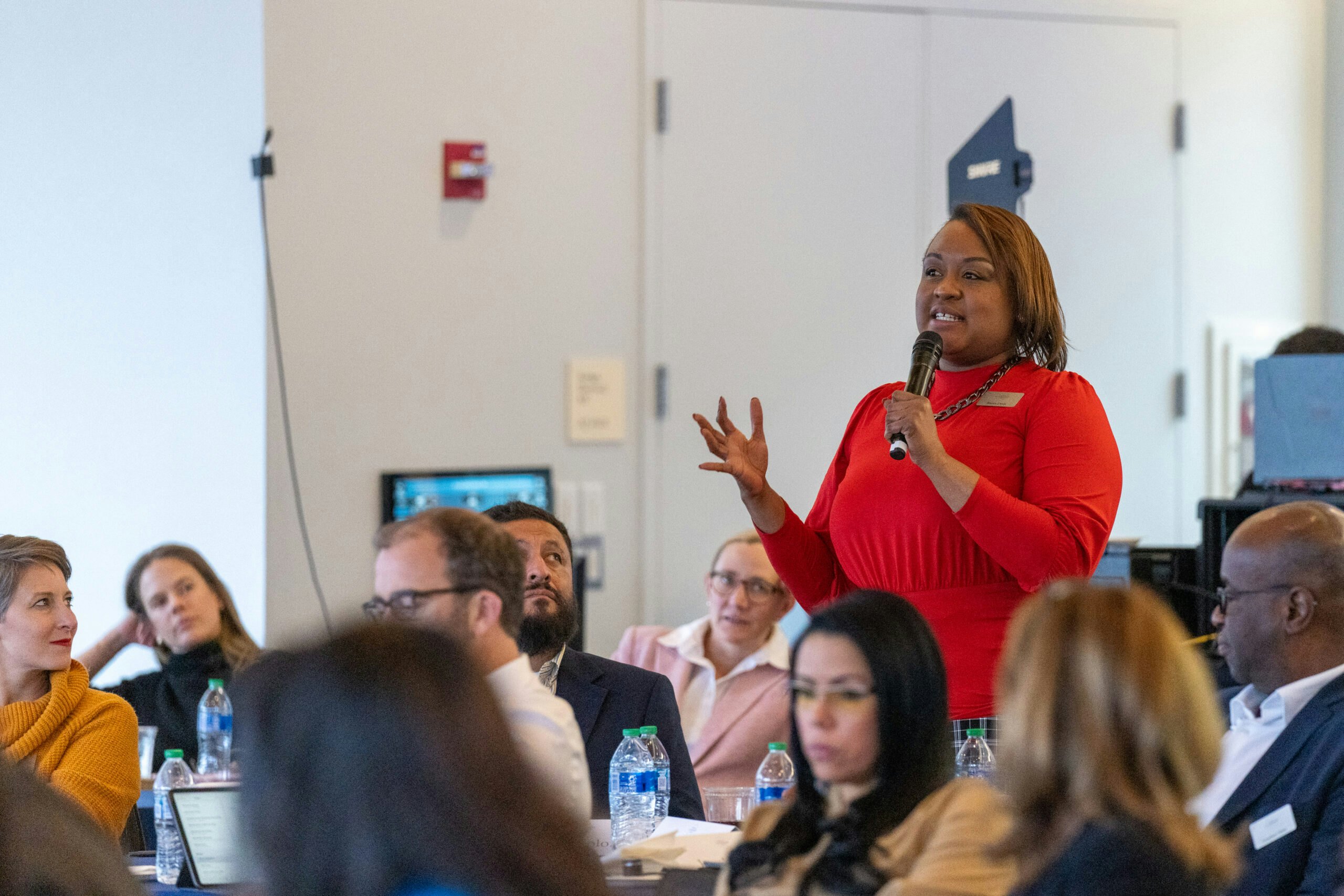Here are five points to keep in mind about disinformation and misinformation as the 2024 election season kicks off. These items are gleaned from news accounts, webinars, and interviews.
- Disinformation and misinformation both involve spreading false information and even lies, but they differ in a major way: Disinformation is the deliberate spreading of falsehoods, often aimed at rousing an emotion. Think about Russian trolls spreading lies during an election. Misinformation is the unintentional or unknowing spread of untruths. Think about Grandpa sharing an inaccurate post he read on social media without checking its veracity.
- This is a big election year in the United States; no doubt about that. But 2024 is also a pivotal election year in 83 countries, potentially involving more than 4 billion people. There are elections in Pakistan, Indonesia, 27 nations of the European Union, Mexico, and Russia. The list includes autocracies and democracies, which, of course, hold very different elections. And there are significant opportunities for false information to take root. Darrell M. West, Senior Fellow at the Brookings Institution, told the New York Times that the concurrence of so many elections creates “a perfect storm of disinformation.”
Of course, candidates are known to exaggerate or take some point out of context during traditional campaigns. But the practice is more malicious today due to advanced technologies, siloed information channels, and targeted foreign influence campaigns.
- Latinos in particular may encounter disinformation. The Dallas Morning News reported in January that campaigns already are targeting Latinos in Texas. Randy Abreu, the National Hispanic Media Coalition’s policy director, told The News his organization is anticipating and monitoring a “high volume” of Spanish-language disinformation because of elections in the United States and Latin America. (One response is Factchequeado, which works with fact-checkers, journalists, and audiences to offset disinformation and misinformation in Spanish-language media.)
Florencia Velasco Fortner, CEO of The Concilio in Dallas, first started seeing disinformation and misinformation spread among the Latino families her organization serves during the 2020 Census. As COVID-19 exploded, she says, false information spread even more. The Concilio started calling families and using What’s App to communicate accurate information about the pandemic. (Acknowledgement: Fortner received the George W. Bush Presidential Center’s Trailblazer Citation in 2023.)
- Traditional print, television, and radio organizations can help the public by “pre-bunking” disinformation before it arrives from sources like Russia or China. When possible, they should report ahead of time how lies may be coming our way. Nina Jankowicz, author of How to Lose the Information War, reminded listeners of the importance of getting information out ahead of time during a webinar hosted by the American Council on Germany and the German Consulate General of New York. She recalled the U.S. government’s efforts to get information out ahead of Russia’s 2022 invasion of Ukraine. As the media reported on that information, the reports offset the lies coming from Vladimir Putin.
- Finding trusted sources of information can help news consumers, voters, and citizens sidestep disinformation or misinformation. What do we know about the organizations or sites from which we gather news? Do they name their leaders as well as tell us who wrote a piece? Do they make their history and/or mission clear? Do they run corrections? Are other organizations reporting the same news about a political speech or event? Do the sites or organizations clearly distinguish news reports from opinion pieces?
These kinds of questions can help us all be more media literate in 2024, which is one way to guard against the spread of inaccurate information.



























